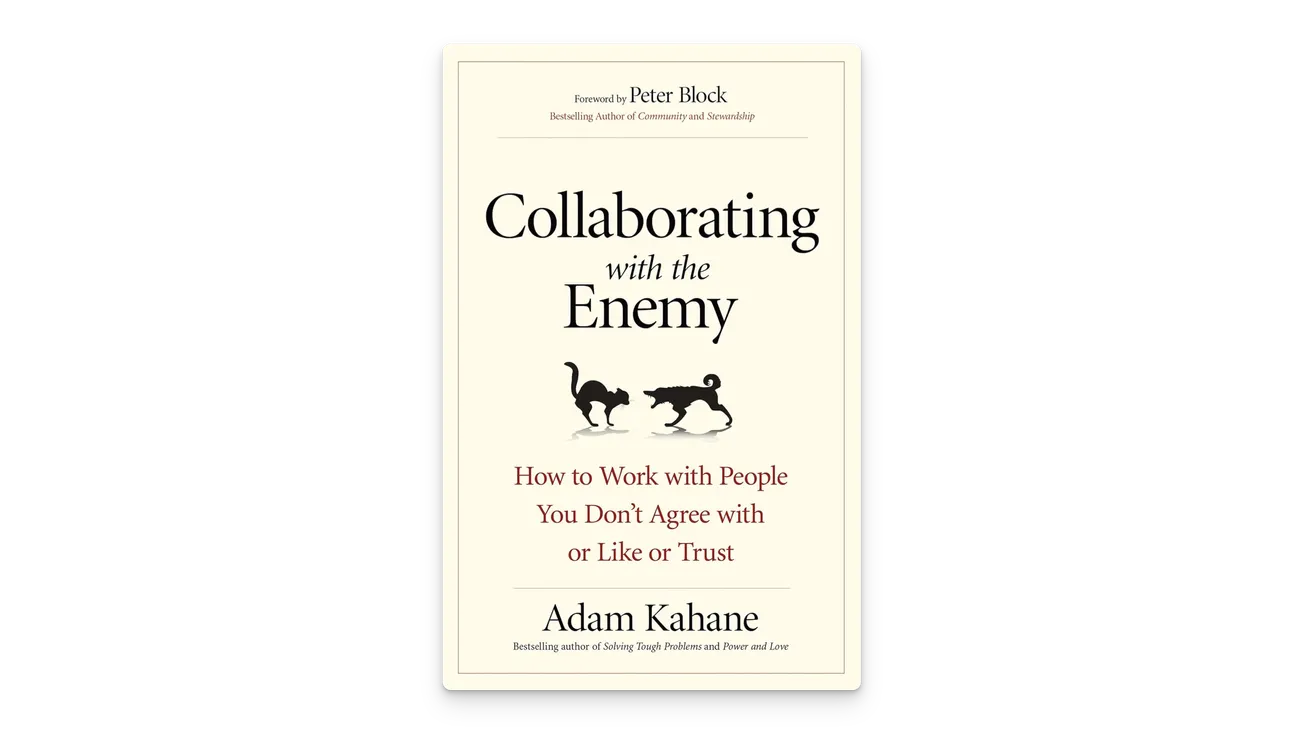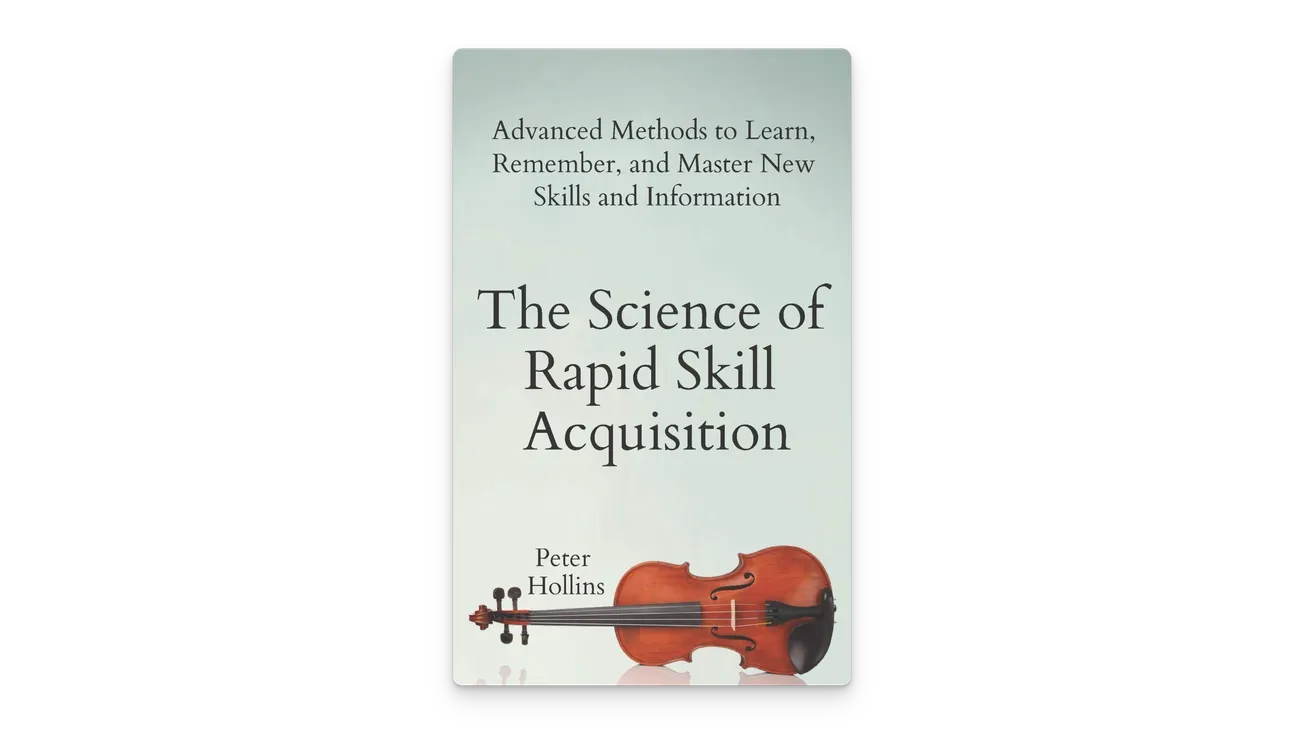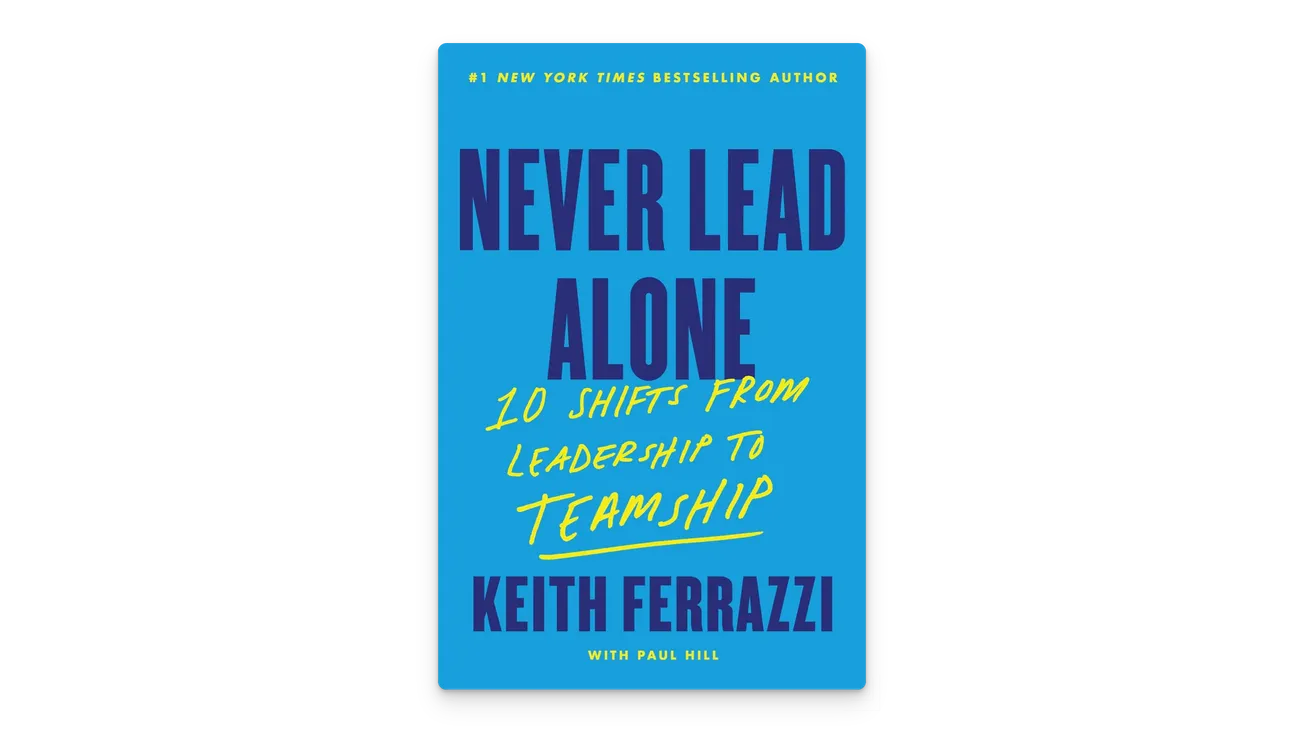by Alan Weisman
The Main Idea
In a stunning 180-degree reversal, our impact on the Earth would be erased as the planet returns to its serene beauty in just over 100 years without human presence.
Nature Reclaims the Cities: What Would Happen If Humans Disappeared
The sudden loss of humanity would trigger an extraordinary transformation. Urban landscapes, once bustling with activity, would gradually revert back to nature's pristine state. Forests and trees would grow in the midst of cities, reclaiming streets, parks, and buildings.
As time passed, remnants of human civilization – from abandoned cars to rusted machinery – would crumble into dust, becoming indistinguishable from the natural environment. The scars of our existence would slowly fade away, leaving only a faint memory of what once was.
The pace at which nature reclaims the cities varies greatly depending on factors such as climate, soil type, and existing ecosystem health. Urban areas with rich biodiversity would show signs of rejuvenation faster than those with poorer environmental conditions.
Human settlements would be gradually reclaimed by forests, grasslands, or other vegetation forms that better suit the new ecological balance. The loss of human presence would create an opportunity for nature to flourish in a way it never could during our time on Earth.
Who should read this book
Surviving the Human Impact
- Will gain insight into the effects of human activity on nature and its potential for recovery
Nature's Resilience
- Will understand how natural systems can adapt to human-induced changes and what can be done to mitigate harm
Legacy of Humanity
- Will discover which aspects of human culture are likely to endure and thrive in a post-human world



